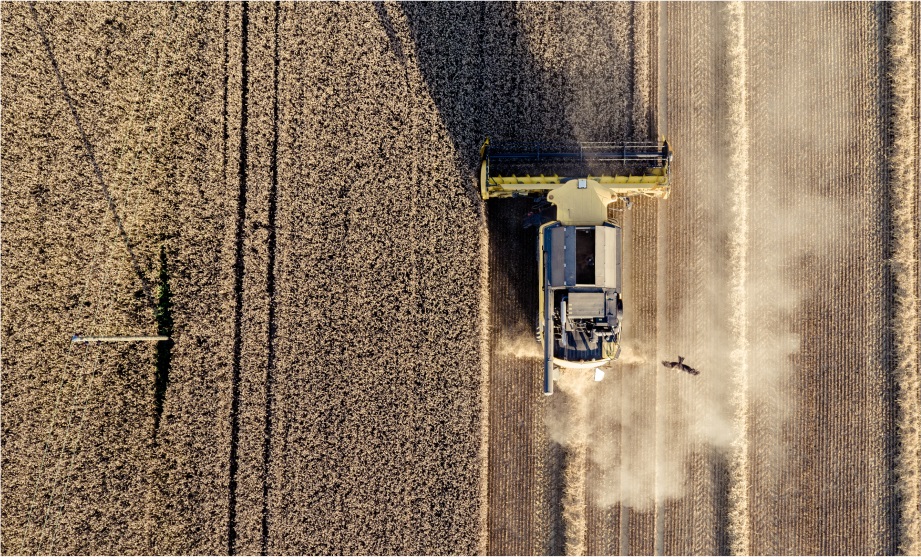Facts of the case
Maschio Gaspardo Russia LLC (“Importer”) imported agricultural equipment into Russia. The Astrakhan Customs House (“Customs House”) conducted two desk audits, as a result of which customs duties were assessed on the listed companies, Maschio Gaspardo S. P. A. (“Founder”).The Importer petitioned the court to annul the Customs House’s decisions.
On 9 October 2023, the Arbitration Court of Astrakhan Region denied the petition, citing, inter alia, the Supreme Court’s position in rulings of 25 November 2022 on Cases No.
Appellate hearing
The Twelfth Arbitration Appeals Court modified the lower court’s decision, partially supporting the Importer:1. Some goods were imported by a supplier that is not the Importer’s founder
Some goods were delivered under contracts with a seller who, although part of the same group of companies, is not a founder of the Importer. However, there is no evidence in the case materials confirming that the seller of the goods has been directly or indirectly (through the Founder) paid the amounts transferred by the Importer as dividends.
The court concluded that dividends paid to the Founder cannot be included in the customs value of goods imported under contracts with another entity (including an entity in the same group of companies as the importer and its founder) as long as there is no evidence that the dividends have actually been paid to such entity (the burden of proof lies with the customs authority).
2. It is illegal to charge a penalty for the period from the declaration’s filing date to the payment date of dividends
Based on its desk audits, the Customs House also charged a penalty calculated from the day after the goods declaration was filed to the date on which the customs authority issued its decisions to amend the declaration.
At the time of import, however, the Importer lacked information on the financial results and the amount of net profit for 2020, since the financial results are based solely on the results of the entire financial year as of 31 December 2020.
The court found in favour of the Importer, stating that to charge a penalty for the period from the declaration’s filing date to the payment date of dividends is contrary to the law and in violation of the Company’s rights and lawful interests.
3. Prepayments were overpaid
The Importer also stated that its prepayments had been overpaid and that it was thus illegal to impose a penalty on additionally charged customs payments. The Customs House argued that prepayments remain the property of the person who makes them and cannot be regarded as customs payments or as funds used to secure payment of customs duties and taxes until such person instructs the customs authority to do so or until the customs authority seizes the prepayments.
The appellate court supported the Importer, stating that the Customs House could have used the prepayments to offset customs duties and taxes. A similar position is found in Ruling No.
4. The method of determining customs value cannot be changed
The court also stated that Method 1, the method of determining customs value selected by the Importer, cannot be changed.
“Dividends paid on the results of entrepreneurial activity are not a component of the actual price paid under Article 39, clause 3, of the Customs Code of the EAEU and do not preclude the use of Method 1.”
Significance of the case
The appellate court ruling gives importers hope of reversing the tendency of customs authorities to include any dividends in customs value without proper analysis of their essence and actual economic meaning. Although the ruling could be overturned in cassation court, the following most significant conclusions of the appellate court can already be noted:- dividends paid to a founder cannot be included in the customs value of goods imported under contracts with another entity (including an entity in the same group of companies as the importer and its founder) as long as there is no evidence that the dividends have actually been paid to such entity (the burden of proof lies with the customs authority);
- a customs authority could have credited advance payments to offset additionally charged customs payments, but did not do so, which in our view indicates the impossibility of collecting penalties;
- penalties cannot be charged for the period before the decision to pay dividends is made, since at the time of importation, the importer was unaware of such a decision and could not have known about it; and
- the method of determining customs value cannot be changed.





